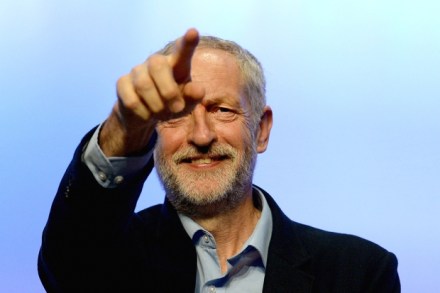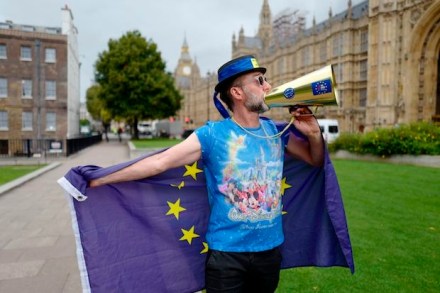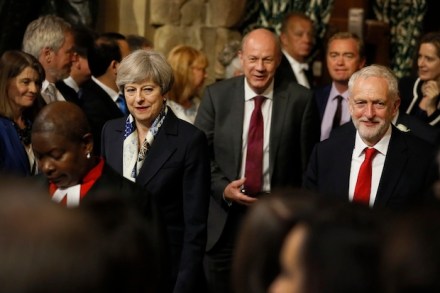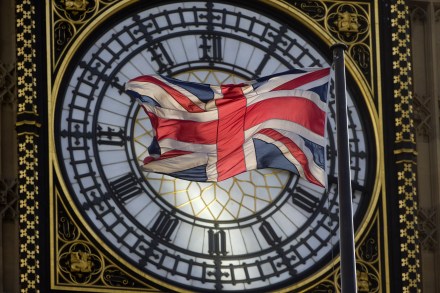Boris’s nasty politics would hurt the Tories and Britain
I used to have a lot of time for Boris Johnson. Sometimes whole days, in fact: from 8am until 8pm, I’d ring and text and email him, politely urging him to tell me what he planned to write his exquisitely expensive Telegraph column about, and when he’d deign to send it to me. It was, as others who’ve had the joy of calling him a colleague can attest, maddening. But he always filed, in the end. I don’t claim that working acquaintance with Boris gives me any unique insight into his soul. In fact, familiarity only makes his real character more obscure. My overall impression of a man famous for being talkative




















